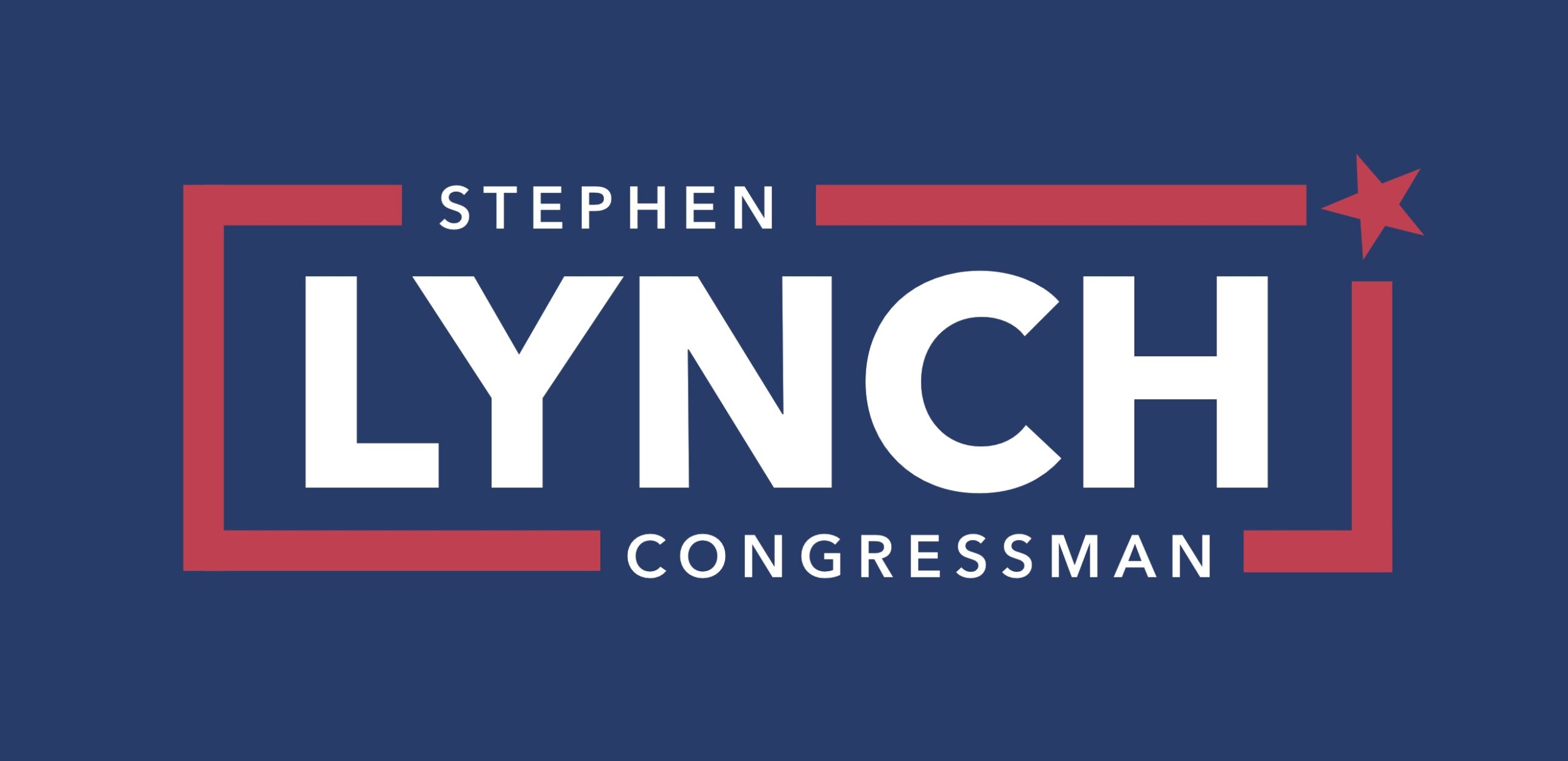Last week, U.S. Representative Stephen F. Lynch (MA-08) introduced H.R. 6908, the Afghanistan Security and Reconstruction Transparency Act, which would require the Department of Defense to declassify multiple performance metrics related to the U.S. War in Afghanistan that have been withheld from the American people by the Trump Administration.
For years, Special Inspector General for Afghanistan Reconstruction (SIGAR) John Sopko has provided the American people and members of Congress with regular quarterly updates about security and reconstruction conditions in Afghanistan. These reports have included important metrics related to the performance and readiness of the Afghan National Defense and Security Forces (ANDSF) and have mapped the relative district-by-district status of areas controlled by the Afghan government in comparison to the districts under Taliban control. The maps of district control have been an important tool in measuring the progress of U.S. and coalition efforts in Afghanistan. Prior to 2017, this information was publicly available, which greatly helped to inform the American public and guide Congressional debate and oversight of the U.S. mission in Afghanistan and enabled Members of Congress to discuss the war’s progress with constituents. However, beginning in 2017, the incoming Trump Administration chose to conceal the district control maps and other important information from the American people and has moved to classify, redact, or otherwise restrict the availability of this information to members of Congress. In testimony before Congress, SIGAR Sopko has repeatedly confirmed that these new restrictions do tend to limit Congressional oversight and similarly prevent the American people from being able to meaningfully evaluate for themselves how their money is being spent in Afghanistan.
“Throughout the course of nearly two decades of war in Afghanistan, more than 2,400 of our brave service men and women have made the ultimate sacrifice in support of Operation Freedom’s Sentinel and Operation Enduring Freedom, and the cost of our involvement in Afghanistan has risen to more than $900 billion,” said Rep. Lynch. “Given the enormity of the sacrifice that has been made in support of a stable and secure Afghanistan, the American people have every right to receive the unvarnished truth about the situation in Afghanistan. And as long as we continue to deploy America’s sons and daughter in this mission, Members of Congress should be able to openly discuss and debate the conduct of this war. This bill would restore public access to important information about security and reconstruction conditions in Afghanistan.”
According to SIGAR:
- Since October 2017, the Department of Defense has prohibited the release of critical and previously-public information on the performance of the ANDSF – including attrition statistics, personnel strength data, and information on the operational readiness of ANDSF equipment.
- In April of 2019, SIGAR reported that the Defense Department had also stopped conducting district-level stability assessments – a key security metric that details whether Afghan districts and population centers are under Afghan Government or insurgent control.
- According to SIGAR’s latest quarterly report, the Defense Department is now restricting the public availability of reporting on enemy-initiated attacks – another security metric that is critical to assess the war’s progress.
H.R 6908, the Afghanistan Security and Reconstruction Transparency Act would:
- Require the Department of Defense, within 90 days of enactment, to restore the public availability of previously-public Afghan war and reconstruction data, including ANDSF performance and training metrics and information on enemy-initiated attacks; and
- Require the Department of Defense, within 90 days of enactment, to resume conducting and make publicly available the district-level stability assessments of Afghan government and insurgent control and influence – including district, population, and territorial control data.
Original cosponsors of this legislation include U.S. Representatives Gerald E. Connolly (VA-11), Peter Welch (VT-At Large), Jim Cooper (TN-5), Debbie Wasserman Schultz (FL-23), Robin L. Kelly (IL-02), Harley Rouda (CA-48), Brenda L. Lawrence (MI-14) and Jackie Speier (CA-14).

Recent Comments